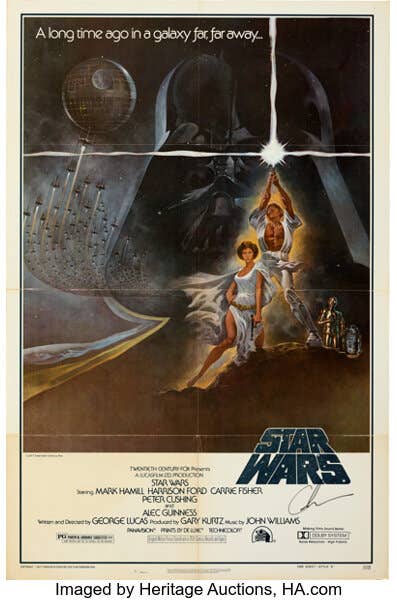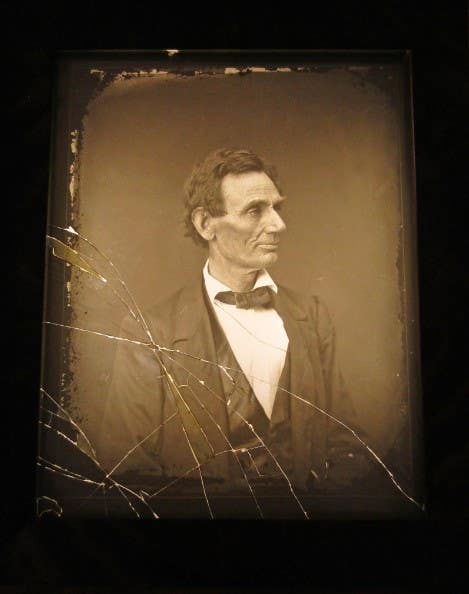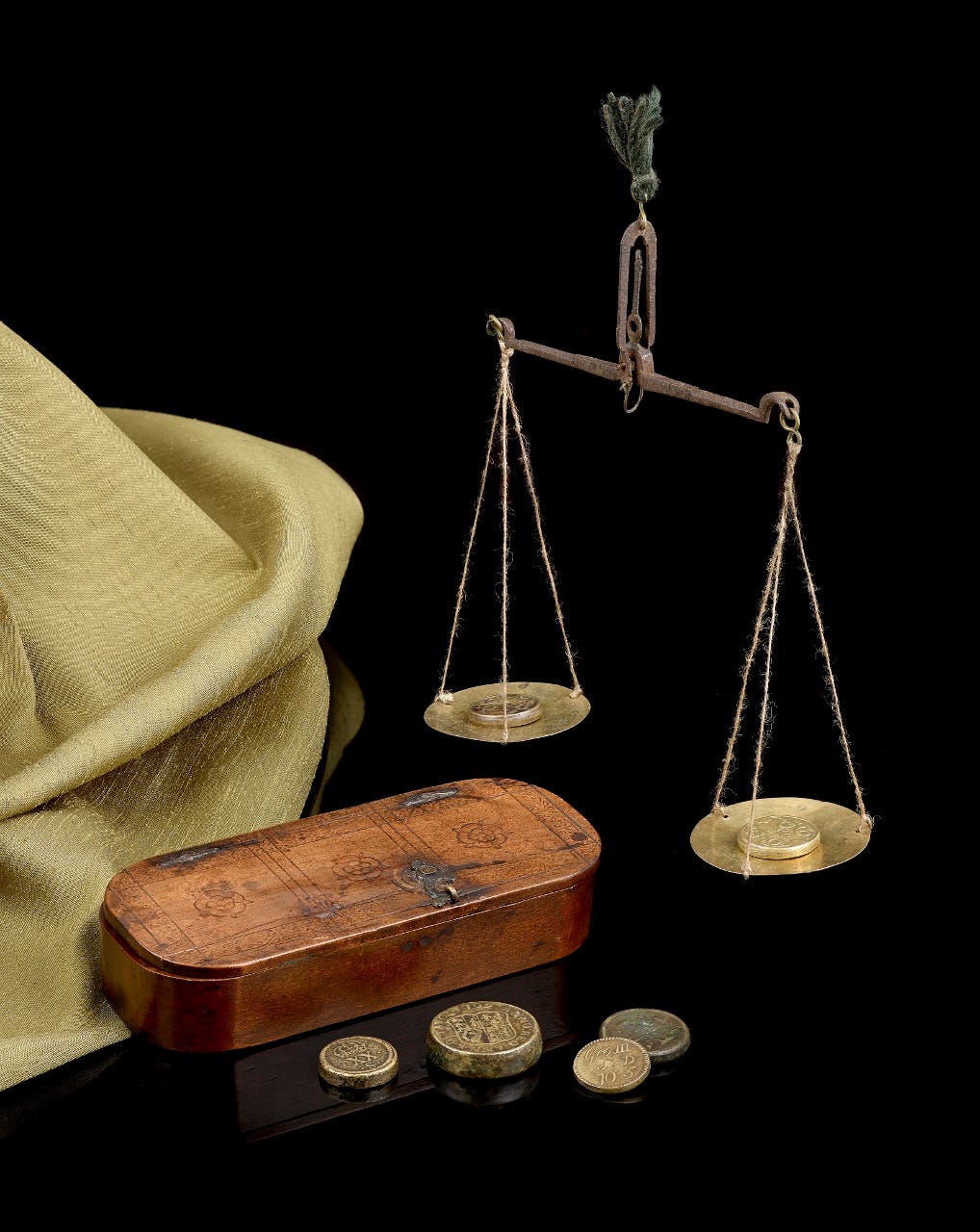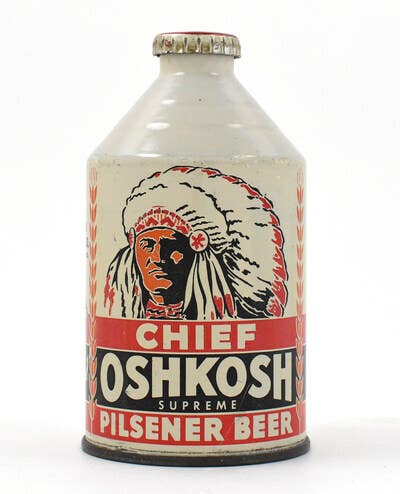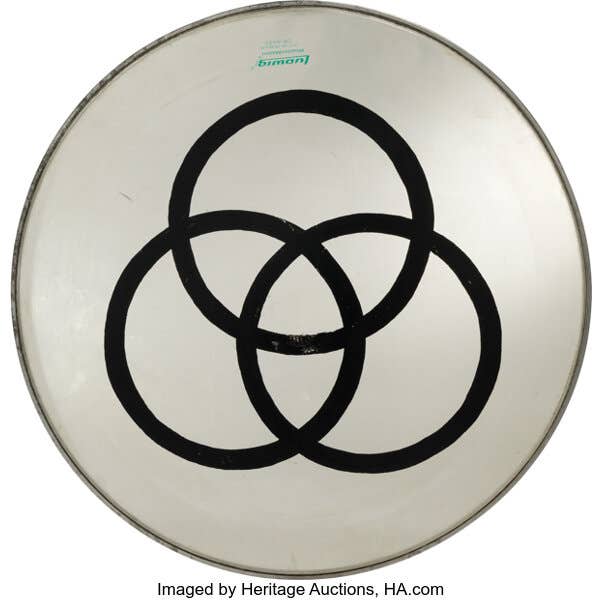Pandemic Sickens Antique Business
Uncertainty rules Antiques and Collectibles market as traditional business model shudders under weight of coronavirus cancellations.
The coronavirus pandemic is running roughshod over the entire antiques and collectibles business landscape, indiscriminately impacting operations big and small that depend on face-to-face interaction, leaving an uncertain fate in its wake.
Brimfield Antique Flea Markets recently announced the cancelation of its May 12-17 event. While hardly unexpected, the news still sent a shudder throughout the industry.
With 5,000 dealers stretched over 21 fields along one mile of Route 20 in Brimfield, Mass., the event is believed to be the largest outdoor antiques show in the country. Brimfield also hosts events in July and September. The May and September shows are the largest of the season.
“We will post updates for the future events as they become available,” Brimfield Antique Flea Markets organizers stated on their website. “Please stay safe and healthy! We look forward to seeing you later this year.”
Previously, The Round Top Antique Fair, Round Top, Texas, canceled its spring event. A huge gathering site for antiques and collectibles enthusiasts, the Round Top show has been held twice annually since 1968. Round Top’s next event is scheduled for the fall, September 28-October 3.
Brimfield had earlier hoped to wait until mid-April to make a final decision on the event. In light of developments not only in Massachusetts but nationwide, there was little doubt the Brimfield spring event would be canceled.
The same is true for almost all events, big or small, throughout the country. There simply is no telling when “normal” will return or what it will look like when it does. The same can be said for antiques shops as well.
Jim Palmer publishes Old Times out of Glenwood, Minn. Old Times covers, among other things, the antiques shop business throughout much of Minnesota and parts of Wisconsin. Palmer sees the business in flux.
“Some shops are going to be OK and others will struggle to survive,” Palmer said. “It all depends how long (the pandemic) lasts. In this area, many just got through the slowest time of the year and we’re reporting increased traffic. But now this…
“If the virus extends beyond the peak season, there will be some shops that will be gone. They won’t survive. Others that combine selling online with a traditional shop will make it through,” Palmer said.
The country’s largest auction houses share the same uncertainty facing mom-and-pop shops and events of all sizes. Like many others, New York’s Swann Auction Galleries postponed its spring auctions, Nicholas Lowry, president and principal auctioneer of Swann, announced.
“As things rapidly change regarding COVID-19, we are following all protocols put in place by the Center for Disease Control (CDC), the World Health Organization (WHO), and the city and state governments of New York,” Lowry said. “Throughout this period, while our physical premises are closed to the public, Swann’s specialists are working remotely, checking their voicemail, and are available via email should you have any questions, or desire to talk about material to be offered in the future.
“Our website, swanngalleries.com, has all the features you need to browse catalogues, request condition reports and place absentee and phone bids,” Lowry said. “You can also reach out to our individual departments for detailed, digital condition photographs of items you might be interested in acquiring.
The international auction house Christie’s has undertaken a global review of its spring and summer auction calendar in light of precautionary closures and travel restrictions.
“We remain committed to addressing the ongoing situation, including the reduction of non-essential business activities,” Christie’s announced. “Our thoughts are with all those directly affected by the virus. Our teams are working swiftly to reschedule postponed auctions to later dates, while confirming a revised calendar of online-only sales.”
While many houses scramble to move events online or shift to online-only events, Dallas-based Heritage Auctions, which has been offering online auctions since 1996 and now has an enormous online presence, finds itself well positioned as worldwide events unfold.
“Heritage acted quickly,” said Jim Halperin, co-founder of Heritage Auctions. “Most of our staff, including nearly all of our 150 expert-specialists, are used to working and collaborating from home or anywhere else they happen to be. So we embraced social distancing and instructed all employees who could work from home to do so immediately.”
Of the more than 200 auctions scheduled for the upcoming season, Heritage has postponed a few out-of-state auctions.
“We’ve also seen an encouraging surge in online bidding in every sale,” Halperin said. “From our Signature auctions to our weekly auctions, sell-through rates are reaching 98 to 99 percent and online bidders are shattering pre-sale estimates. Web traffic and bidder participation are up by 10-25 percent since the crisis began.”
Heritage is also playing a role in both helping investors diversify their investment strategies in uncertain economic times and getting money in the hands of those who need it.
“Our mission is to build long-term win-win relationships by offering bidders a convenient way to acquire valuable objects to diversify their assets, and by helping consignors raise cash,” Halperin said.
“Many of our long term clients need funds now to pay their bills, or keep their businesses running and pay their employees. To assist them, we’re making immediate cash advances on consignments every day, and have rarely seen this much demand from both buyers and sellers at the same time.”
The ability to keep in touch with customers, serving their varied needs as best as possible, is more critical now than ever before, Halperin said. “We’re also solidifying a lot of relationships, much like we did during the financial meltdown of 2009.”
Paul Kennedy is Editorial Director of the Collectibles Group at AIM Media. He enjoys Mid-century design, photography, vintage movie posters and people with a good story to share. Kennedy has more than twenty-five years of experience in the antiques and collectibles field, including book publishing. Reach him at PKennedy@aimmedia.com.



